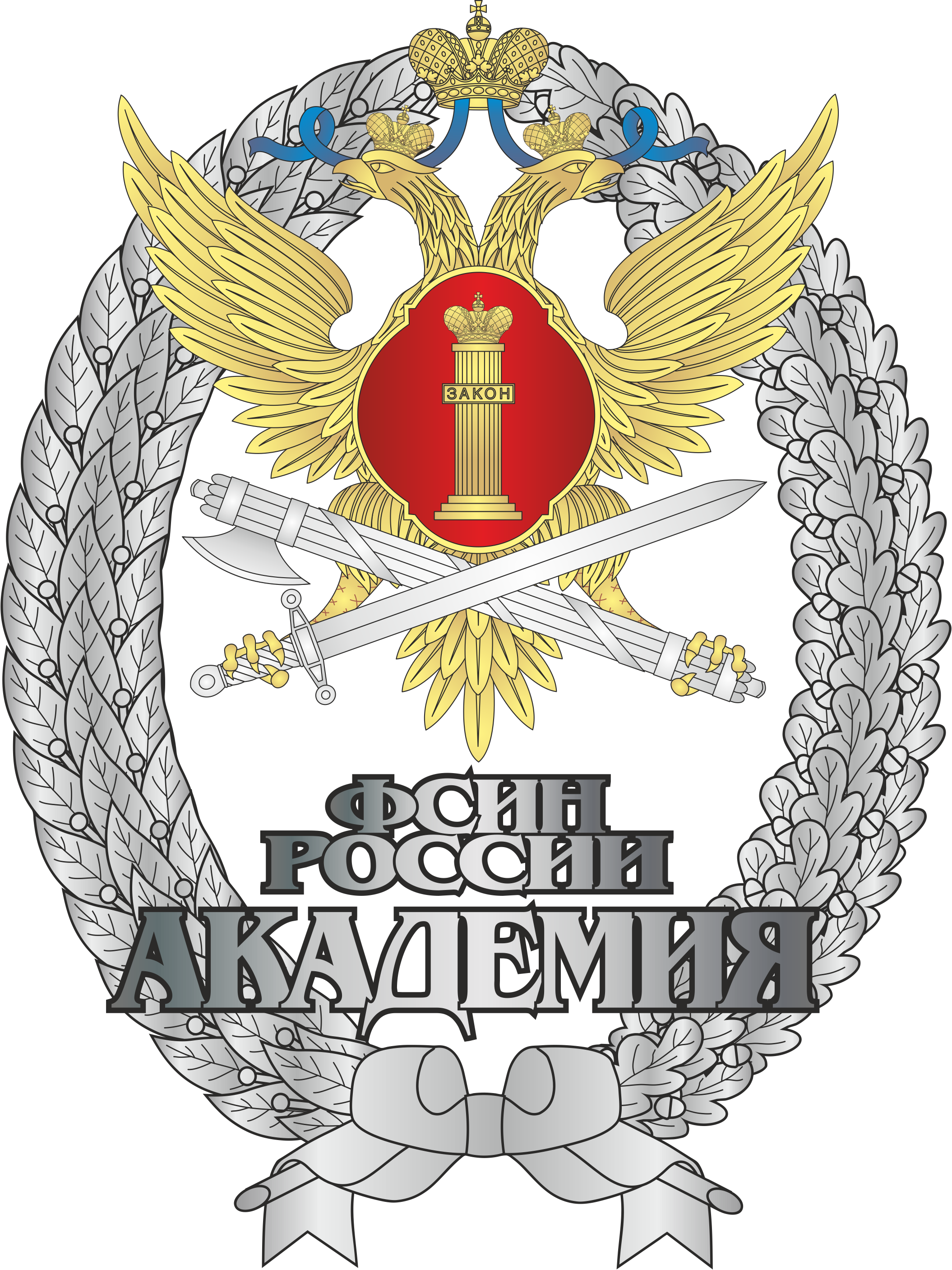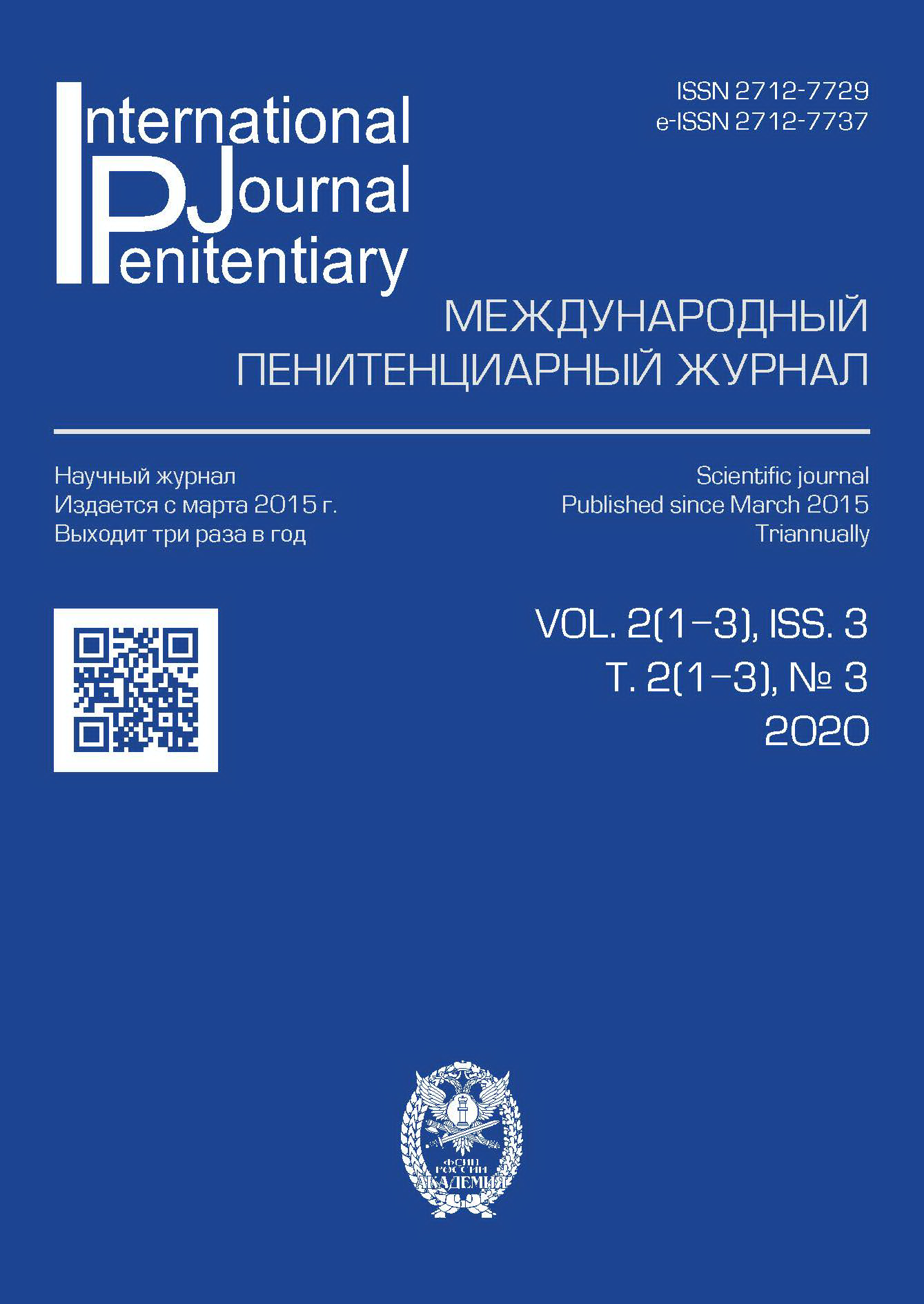Bishkek, Kyrgyzstan
CSCSTI 10.83
The article is devoted to the grounds and conditions for parole from serving a criminal sentence. The article considers the legislative and law enforcement problems that arise when applying the rules governing the procedure for evaluating the behavior of a convicted person during the period of serving a sentence. On January 1, 2019, the new legislation of the Kyrgyz Republic of the criminal law block came into force, which significantly changed the procedure for parole from criminal punishment. At present, it is only possible in relation to persons sentenced to punishments related to isolation from society. In addition, the provision on parole application in relation to additional punishment is excluded from the criminal law. However, the new law eased the situation of a convict for damages compensation, extended the circle of persons entitled to apply for considering the case on parole (abolished in accordance with the rules of parole was possible only after full compensation of the material damage caused by the crime). The legislator also reduced the number of circumstances prohibiting the use of parole from serving a sentence, and showed humanity in relation to certain categories of convicts (the norm on the application of p from serving a sentence in relation to persons sentenced to life imprisonment). The issue of creating a specialized authorized state body that carries out the execution of criminal penalties that are not related to isolation from society, compulsory measures of criminal legal influence, supervision of persons released on parole from correctional institutions, with the performance of social and legal functions of the probation body, was resolved. However, despite all the positive changes, the study allowed the author to conclude that there are actual problems of legal regulation and practical application of the provisions on the conditions and grounds for parole. In particular, the law does not reflect who exactly should act as a person who compensates for damages. In practice, there are often cases when the convicted person did not work, and the damage was paid by relatives. At the same time, the court has no grounds for refusing to apply for parole. In such circumstances, it is doubtful that the goals of the convicted person’s correction have been achieved. In addition, currently the law stipulates the same rules for the application of parole for persons who have committed crimes for the first time, as well as for persons convicted for a set of crimes and a set of sentences.
Kyrgyz Republic, parole from punishment, convicted person, penalties related to deprivation of liberty, humanization, probation authority
1. Badamshin, I. D. 2005, Parole from serving a sentence in the Russian legislation: PhD thesis (Law), Omsk Academy of the MIA of Russia, Omsk.
2. Dodonov, V. N. 2009, Comparative criminal law. General part, S. P. Shcherba (ed.), Urlitinform, Moscow.
3. Chernenko, T. G. & Masalitina, I. V. 2019, ‘Some issues of parole from punishment’, Bulletin of the Kuzbass Institute, iss. 1(39), pp. 74-83.












